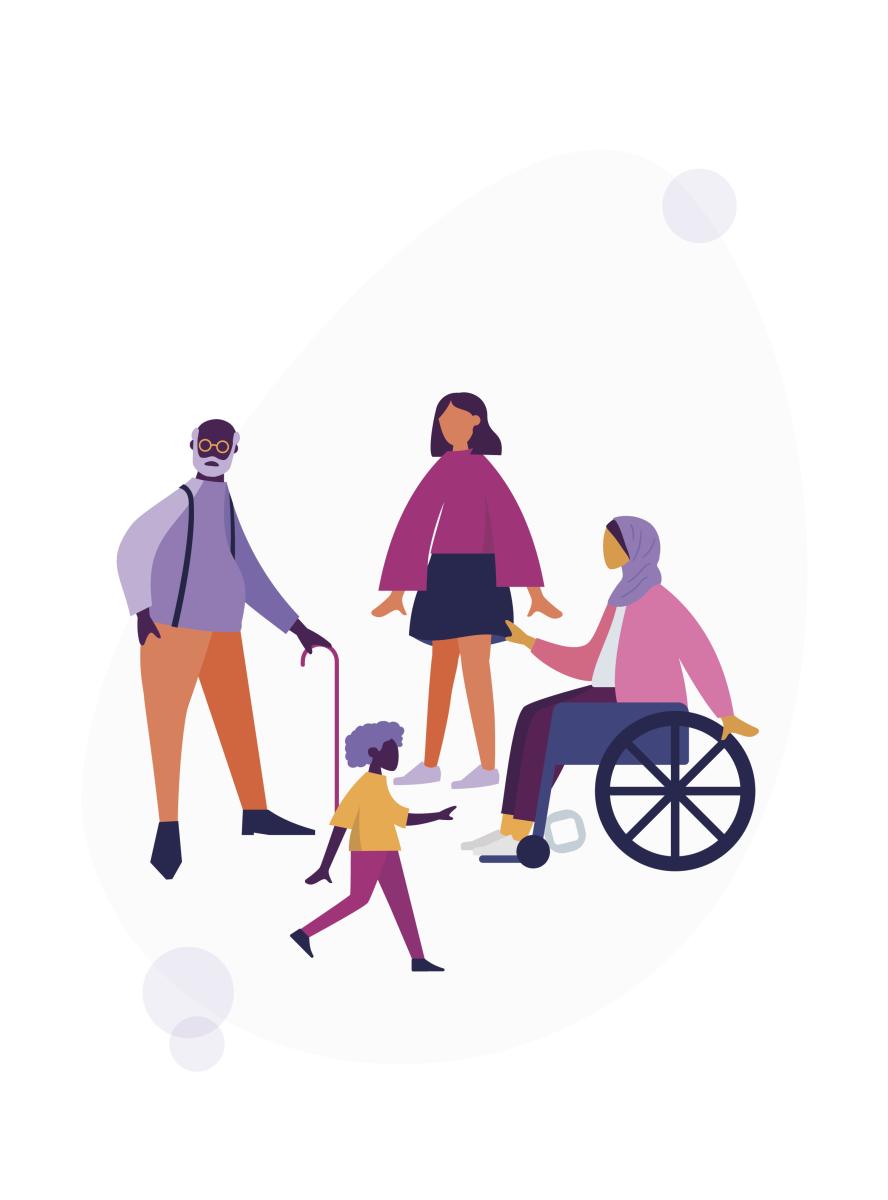Belgians know relatively little about the data relating to their health

Almost one Belgian in every two does not understand what it meant by ‘health data’ and has never heard of an electronic medical or patient record. More than three in four Belgians are willing to share their personal medical data, provided that they remain within the medical sector. Overall, it is the general practitioner who most inspires confidence when speaking about the use of these data. It is also the GP who is the top-of-mind reference when health issues are raised, well before the Internet. These are the key findings of research into Belgians’ knowledge and confidence concerning their health data, conducted by Incidence at the request of the King Baudouin Foundation.
NB This press release refers to two charts that can be freely downloaded from Infogram.
Patients’ health data (e.g. the results of medical examinations, vaccinations, illnesses, treatments, alcohol and tobacco consumption) are important to improve the health of everyone, as well as making our healthcare system more efficient. Nevertheless, sharing and using these data also pose a number of problems. So how do citizens feel about this? Do they feel sufficiently well informed? With whom, and for what uses are citizens willing to share their data?
To answer such questions, the King Baudouin Foundation commissioned Incidence to conduct research into Belgians’ awareness and confidence regarding their health data. A telephone survey was carried out with a representative sample of 2,000 Belgians, aged 18 – 75, between 15 June and 13 August 2021. The results of this research take on greater significance given that, during the Covid-19 pandemic, more and more of us have been led to consult our health data online.
The general practitioner is the information gold standard (before the Internet)
To whom does one turn with questions about one’s health? According to this research, the answer was clear: the GP remains the reference for 74% of those interviewed, and in particular among those aged over 65. 48% of Belgians search for answers on the Internet. This was particularly the case for younger people aged 18 – 34, who are also those most often connected to the Internet and who feel in excellent health. More anecdotally, some respondents may seek the opinion of someone close to them, but this is preferably someone with medical training.
What exactly are health data and a person’s electronic medical record?
The definition of health data is not clear, particularly for respondents in the Brussels Capital Region and for those aged over 64. More than one in four respondents was unable to give an example of this and, when they were, they cited above all health problems that they had suffered and the treatment they received, their general health (physical or mental), or data related to their blood tests.
A somewhat challenging finding was that 48% of Belgians had never heard of the electronic medical record (the personal medical record of each citizen, available on Masante.be). Among those respondents who claimed to know of this, only 39% really knew what it was (See Chart 1 on Infogram). The people who were familiar with the electronic medical record were most often those who were digitised and aged 35 – 64 years old.
Just over one in four Belgians had already consulted their electronic medical record. 24% had found the information they were searching for. The Covid-19 pandemic had clearly boosted people’s use of the electronic medical record: half of those who had consulted their record had done so within the framework of the health crisis (e.g. to see the results of PCR tests, vaccination, certificate of recovery etc.).
Confidence and sharing of personal medical data
More than three out of every four Belgians said that they were willing to share their personal health data, provided they stayed within the medical sector (See Chart 2 on Infogram).
89% of respondents were willing to share their data with a health professional in order to improve their healthcare, 76% to share their data with hospitals and scientific research centres and 74% with their health insurance company (mutuelle) in order to calculate and adapt reimbursement of healthcare. Overall, respondents in Flanders, those who were digitised and those in good health appeared to be more open to such use of their data. On the other hand, respondents were more reticent about sharing their data with the pharmaceutical industry and even more unwilling to share their data with government and (general) insurance companies. 70% of respondents refused to share their health data with private sector companies for use in marketing.
In relation to the use of citizens’ health data, it was the general practitioner who most inspired confidence about the use of personal health data (mentioned by 88% of those interviewed), followed by hospitals (mentioned by 74’%), and pharmacists (71%).
More than one in every two Belgians knew that access to his/her personal health data could be refused at any time, and this was particularly the case in Wallonia and among those respondents most digitised. Moreover, 4% of respondents had already refused data sharing to protect their confidentiality, because of a lack of visibility about the use of their data.
Publication
In order to further explore the issues linked to health data, the King Baudouin Foundation has produced a brochure Prenez soin de vos données (Taking care of your data), in French and Dutch. The publication discusses aspects such as the use of personal medical data, the various sectors involved, the risks linked to data sharing, the safeguards put in place to maintain confidentiality and future directions. The results of the survey on Belgians’ knowledge and confidence regarding their medical data are also commented upon.
Download and consult the publication free of charge via the link here below.